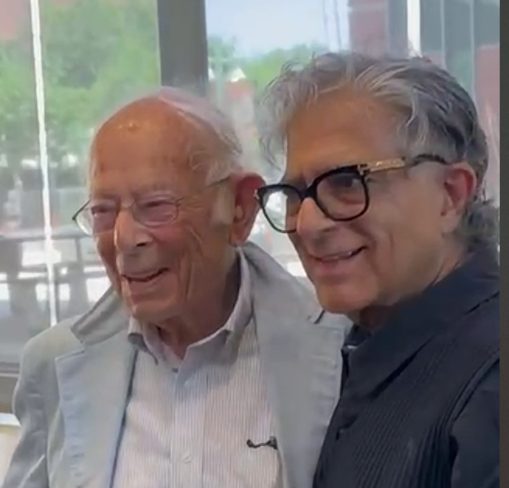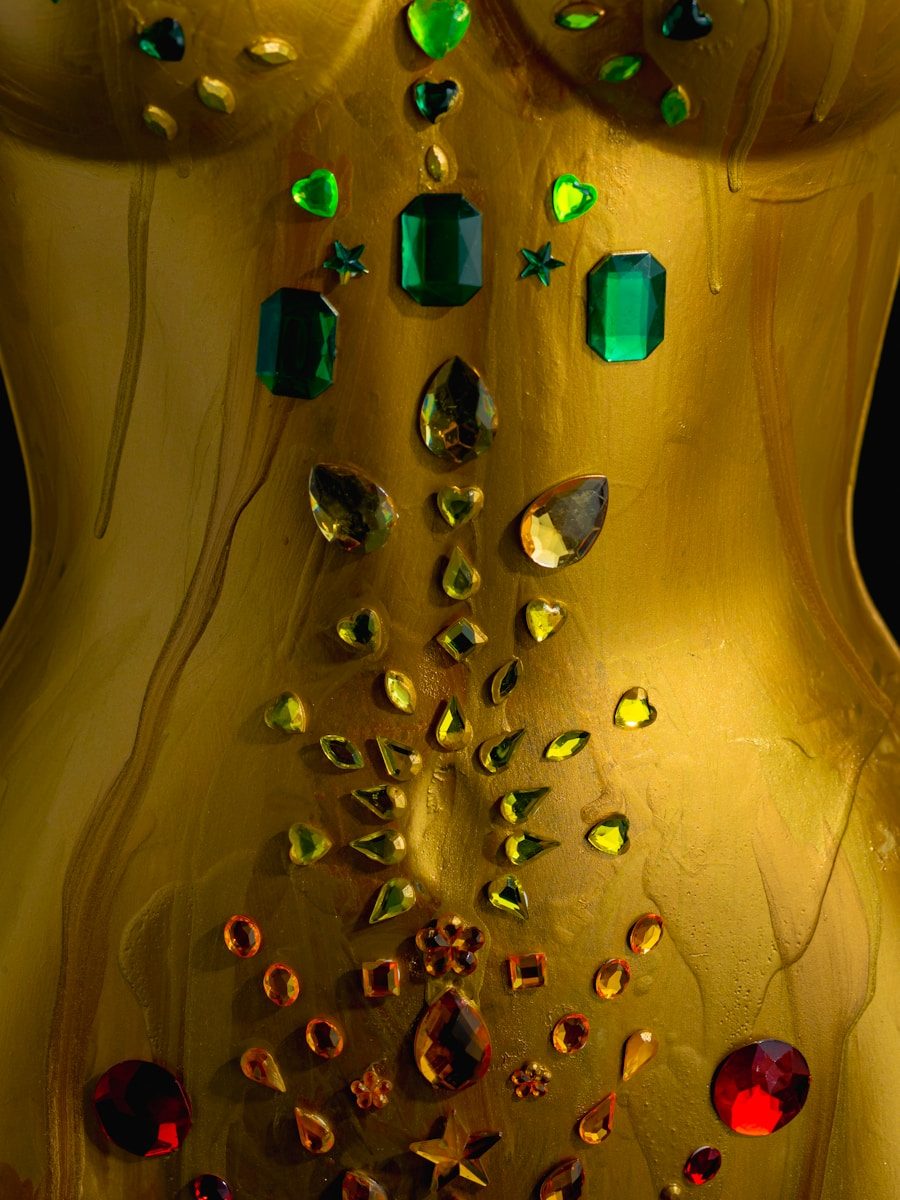Leaders in the Field: Dr. Seymour Reichlin
By Ryan Castle
Dr. Seymour Reichlin, MD, PhD, affectionately known as Si, is not just a pioneer but a living legend in the field of neuroendocrinology. With a career spanning over seven decades, Dr. Reichlin has delved deeply into the mysteries of hormones and human reproduction, influencing both the academic sphere and clinical practice. “My interest in neuroendocrinology arose from two elements,” he explains, “a general and intense curiosity in natural history and a specific concern with the mechanism by which stress causes illness.” These twin passions propelled him from his early days as a student to his distinguished roles at universities such as Rochester, Connecticut, Tufts, and Arizona.
Born in New York City in 1924 to immigrant parents, Dr. Reichlin’s formative years were shaped by a keen awareness of life’s physiological and psychological stresses, influenced by his family’s experiences and his own during World War II. This personal history deepened his commitment to understanding how our bodies respond to the world. His scholarly journey was marked by early achievements and accolades, culminating in his tenure as President of the Endocrine Society. His work has not only been foundational but has also inspired over 22,000 citations, reflecting a vast impact on the field of research.
One of Dr. Reichlin’s most cherished roles has been that of a mentor. He often shares,
“The thing I am most proud of is the large number of students and fellows that have worked with me and what they have accomplished.”
Among these many protégés is Dr. Deepak Chopra, who regards Dr. Reichlin as his “Science Guru.” Chopra recalls, “He introduced me to the molecules of emotion that interface the connection between consciousness and biology, I learn just as much from him today as I used to,” highlighting how Dr. Reichlin’s mentorship has been crucial to his own exploration of the scientific and spiritual realms.
The relationship between Dr. Reichlin and Dr. Chopra transcends the usual bounds of teacher and student, evolving into a lifelong intellectual partnership. As Chopra describes it, “My mentor teacher and the professor who trained me in neuroendocrinology in Boston is turning 100 years soon… I’m indebted to him for life.” The feeling is mutual, as Dr. Reichlin has said of Dr. Chopra, “though he’s now such a famous, almost universal guru, he’s actually quite a wonderful man.” This bond is fostered during their ongoing discussions that have spanned decades. “My relationship with my mentor is still alive. He’s 97 (now 99), he argues with me, and we talk,” reports Chopra fondly.
Where some friends argue about sports or politics, Drs. Reichlin and Chopra argue about the nature of consciousness and reality itself. “Consciousness in my view is a function of the brain,” insists Reichlin, “but Deepak feels that consciousness is a function of the universe… that your brain acts not as a generator of consciousness but as a perceiver of consciousness. I have big arguments with him about that.” Despite their differing views, the dialogue between these two great minds is not just about challenging each other’s beliefs but also about deepening an understanding of life’s great mysteries. As Reichlin eloquently puts it,
“Though I feel (consciousness) is more from a science based on the brain, it’s true we don’t know and we may never know. It’s really complicated and the more you know about how complicated it is, the more complicated it becomes.”
As Dr. Reichlin approaches his centennial year, his legacy is not only etched in the annals of medical science but also in the hearts and minds of those he has taught. His intellectual curiosity and zest for life continue to inspire everyone who crosses his path, making him a true beacon of knowledge and wisdom in the scientific community. Dr. Reichlin’s life and work are a testament to the enduring power of an inquisitive mind and the profound connections that shape our understanding of human health and consciousness.





